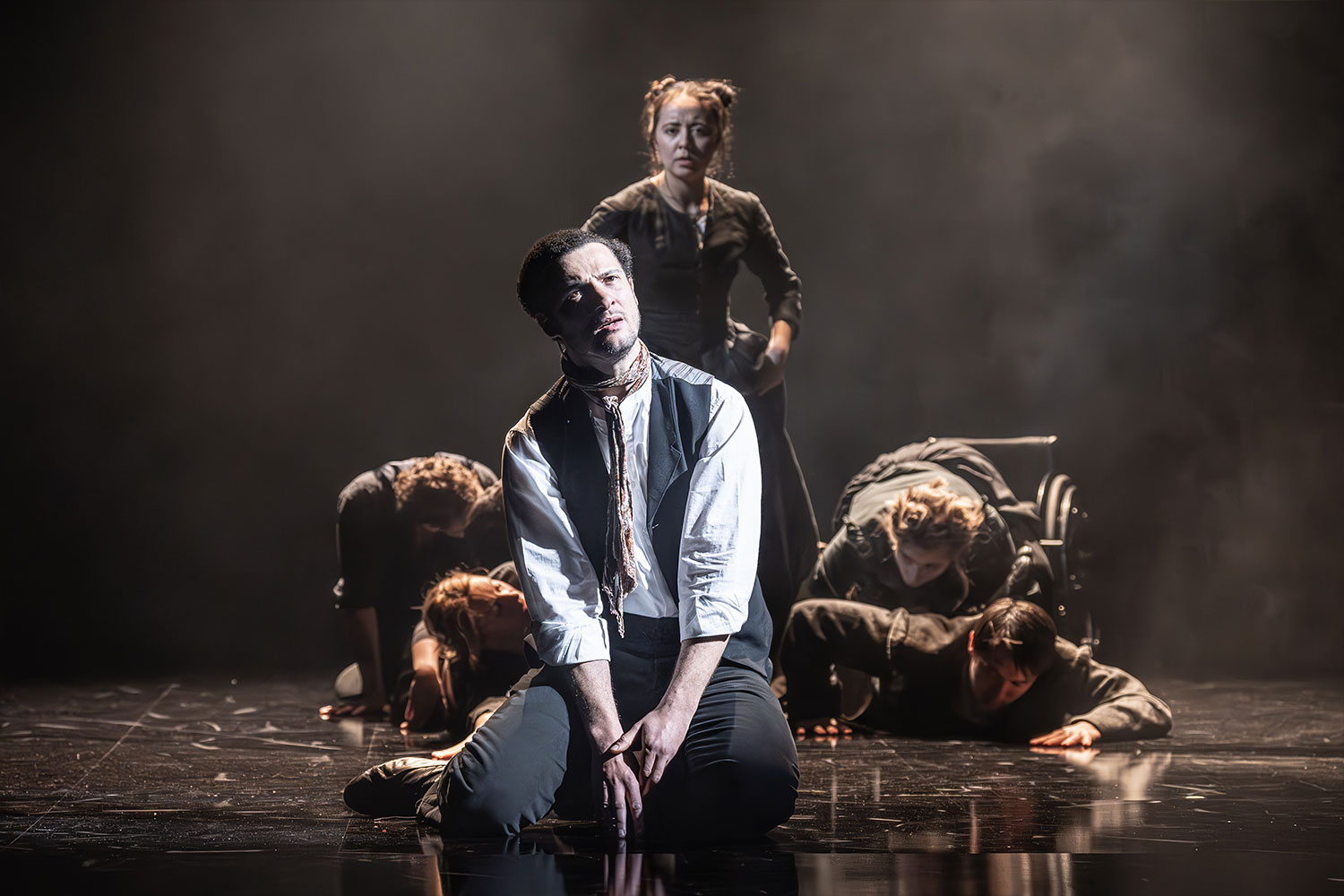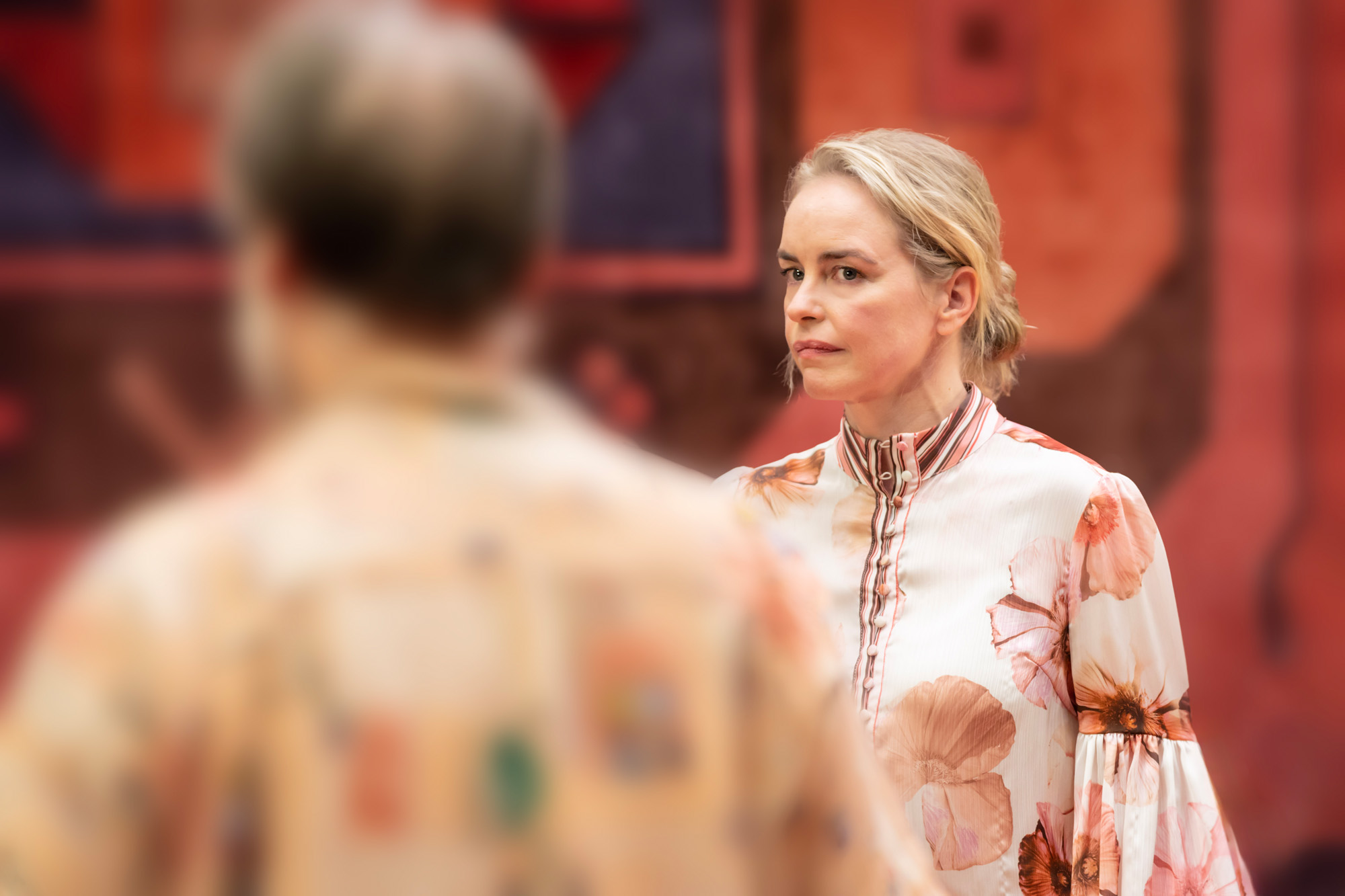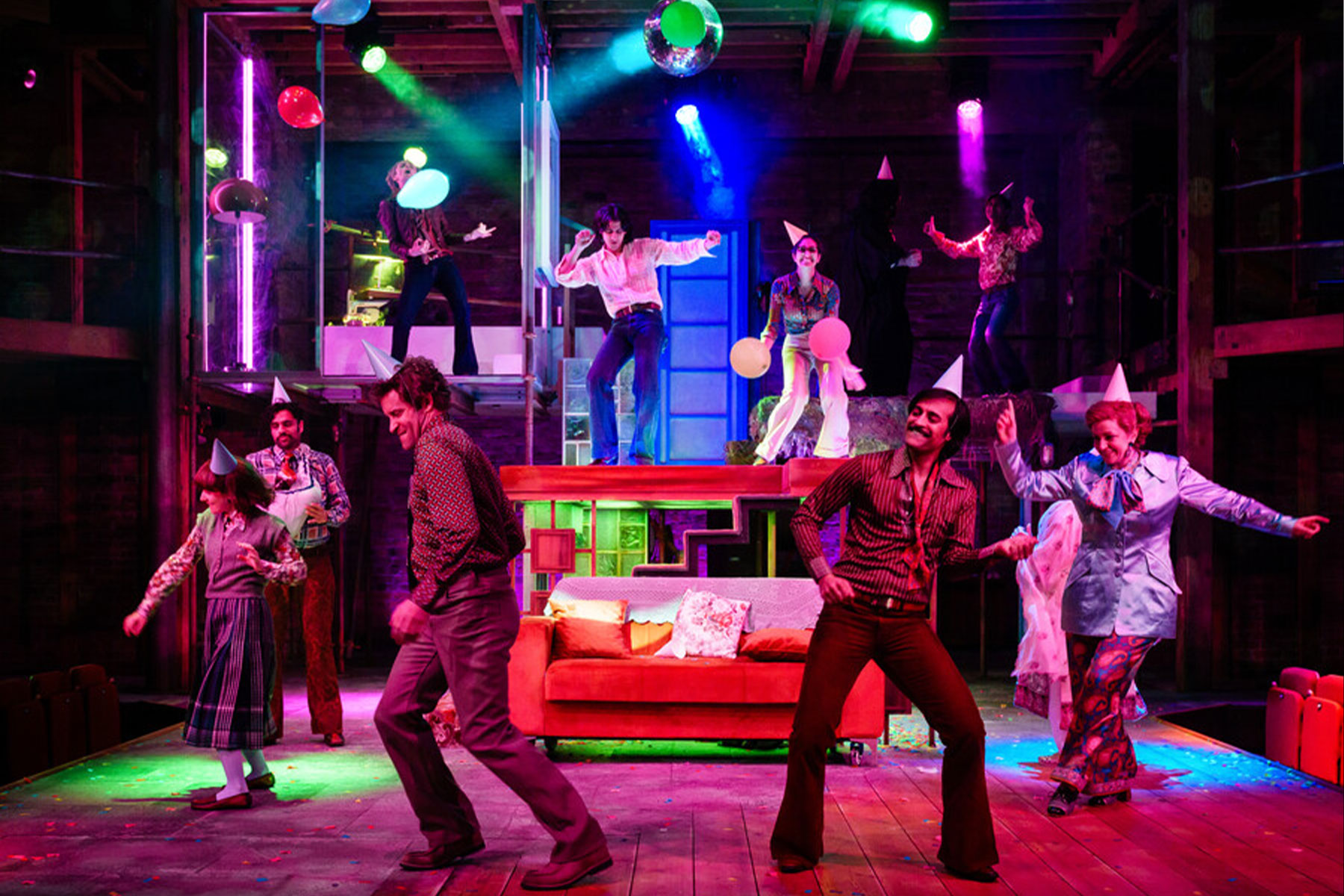Privates on Parade
In the same week that the National Theatre revives Rodgers and Hammerstein’s
South Pacific, chronicling wartime operations and romance in the South Sea
islands, the Donmar Warehouse offers a completely different view of a
British army entertainment corps working in Singapore and Malaya in 1948.
The two shows couldn’t illustrate the differences between an American and
British sensibility towards their subject more deftly than these do. While
South Pacific employs sentiment and lush tunes to provide an uplifting
experience of the heart, Privates on Parade uses ironic humour and a
sparsely functional, mostly pastiche set of songs to provide a journey
through a dark night of the soul. Both, however, are informed by their
essential humanity: the conflicts against which their stories are set allow
both Hammerstein and Privates playwright Peter Nichols to explore character as much as situation.
But Privates on Parade is also essentially different to South Pacific,
too, in as much as its not quite a musical, nor yet just a play. The
audacious Nichols threads Denis King’s jaunty little melodies through his
narrative to counterpoint the darker points he has to make. The tone is at
once cynical yet heartfelt, rueful and rude.
In Michael Grandage‘s production, which expertly captures these shifting
qualities, it is Roger Allam‘s larger-than-life yet absolutely truthful
performance of Acting Captain Terri Dennis, the grande dame of the
entertainment corps, that brings it to soaring life. Allam, the original
Javert in Les Miserables and star of the London production of City of
Angels but who has also had a substantial career in classical theatre, is
one of our finest actors. He proves it yet again by anchoring the production
in a compassionate yet unsentimental portrait of a man with greasepaint in
his blood, lead in his gay pencil and the most tender of hearts.
No less brilliant is Malcolm Sinclair‘s Major Giles Flack, completely at sea
in the leadership department but attempting to provide it to the wonderfully
eclectic troupe that Nichols has created. Seen through the eyes of new
arrival Private Steven Flowers (James McAvoy), whose virginity is
eventually given up to Indira Varma‘s beautiful Sylvia, they make fine
company.
The show, meanwhile, remains provocative viewing, and completes the
rehabilitation of Peter Nichols’s dramatic reputation, begun last year with
the Donmar’s revival of Passion Play and continued with the current West
End staging of A Day in the Death of Joe Egg.










